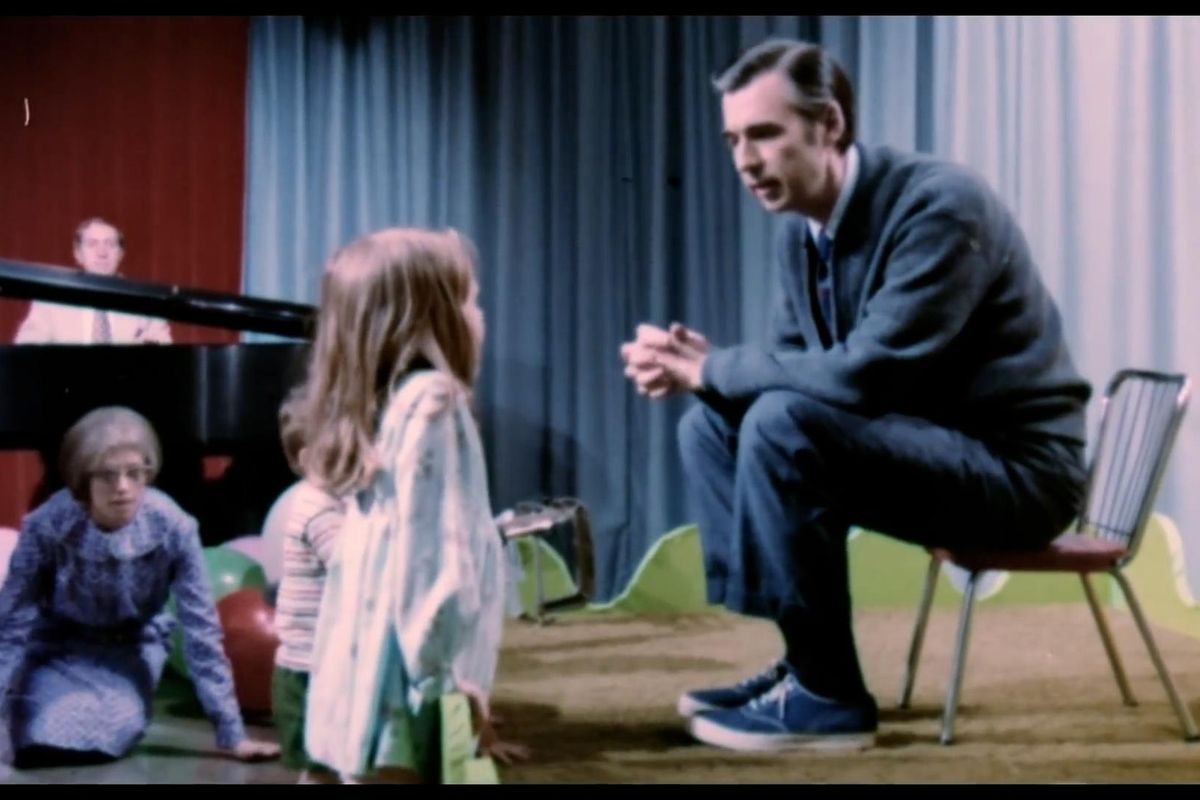Former antigay theologian gives 3 reasons why he came to love and accept LGBTQ people
If he can change, anyone can.
LGBTQ parishioners and Richard Hays.
Richard Hays, an ordained Methodist minister and the 27-year dean of the Duke Divinity School, passed away on January 4, 2025, from pancreatic cancer. Hays was known for his 1996 book, “The Moral Vision of the New Testament,” which was taught in seminary schools and embraced by conservative evangelical Christians for its repudiation of same-sex marriage. “Homosexuality is one among many tragic signs that we are a broken people, alienated from God’s loving purpose,” Hays asserted in his book.
However, in his final months, Hays dramatically shifted his public views about LGBTQ people and their place in the Christian faith. In September 2024, Hays and his son, Chris, released their book “The Widening of God’s Mercy,” which claims God continually extends his mercy to those who are outcasts in the Bible and that LGBTQ people should be accepted in the church.
“The biblical narratives throughout the Old Testament and the New trace a trajectory of mercy that leads us to welcome sexual minorities no longer as ‘strangers and aliens’ but as ‘fellow citizens with the saints and also members of the household of God,’” the authors wrote, quoting the Book of Ephesians.
Hays’ theological change of heart was controversial in some evangelical circles.
In "The Widening of God' Mercy" Richard and Christopher Hays seem to be trying to make the case the purely monogamous homosexuality is consistent with Christian experience but then they constantly use the LGBTQ+ acronym in their arguments. This shows they are using "committed"…
— J.R. Klein (@JoshRKlein) October 10, 2024
3 Reasons Why Richard Hays believes the church should accept same-sex marriages
In a speech given at CenterPeace Conference 2 months before his death, Hays shared 3 reasons why he believes the church should accept LGBTQ people and that same-sex marriage should be blessed.
1. His experience with LGBTQ Christians
Hays argues that we don’t know what the word of God means until we see it “embodied” by others, and he saw terrific examples of LGBTQ Christians with his students and at a Methodist church in Durham, North Carolina. “I was, of course, encountering students both from my time teaching at Yale and time at Duke students who were of alternative sexualities minority sexualities who were there to learn and to seek to serve in the church they were smart, they were committed, and they were gay and lesbian,” Hays said in his speech.
- YouTubeyoutu.be
2. Reading books
Hays read accounts of life as an LGBTQ Christian by Wesley Hill (“Washed and Waiting”) and “Scripture and Ethics” by Karen R. Keen. “That book led to a series of extended conversations between Karen and me. We would go get coffee and sit and talk for a long time about what both what Karen had written and about her own experience, and it just helped me to move off the place where I had been stuck,” Hays said. He also read theological books that defended traditional Christian marriage and found their positions “unconvincing.”

3. His mother’s death
Hays says that the tipping point was “nearly 5 years ago” when his mother died, and his family wanted to have her funeral at a Methodist church where she was the organist. However, the church was a reconciling congregation accepting of LGBTQ people and flew a rainbow Pride banner out front. Hays’ brother refused to attend a service in the church, so the family decided to move the funeral elsewhere. The family disagreement made Hays wonder why LGBTQ issues, which aren’t central to Christian doctrine, held such a firm grip on believers’ hearts. “I thought, why is this such an issue, you know? This is not about a dispute about the doctrine of the Trinity. It's not about justification by faith,” Hays said. “This is not a matter that stands at the heart of Christian doctrine. Why can't we agree to disagree about something like this? But [his brother] couldn't; he felt it would compromise his principles. So for me, that was the personal tipping point where I said damn, I've got to write something to set the record straight.”
Ultimately, Hays’ dramatic final proclamation was a brave act that will be a big part of his legacy. The man who justified antigay policies in the church later came to believe that LGBTQ people deserve to be accepted and their marriages blessed. Let’s hope his change inspires others to rethink their anti-LGBTQ views and create real change within the church.






 people gathering near building during daytime
Photo by
people gathering near building during daytime
Photo by  difficult roads lead to beautiful destinations desk decor
Photo by
difficult roads lead to beautiful destinations desk decor
Photo by  The homophobic review of Original Vinnie's Neighborhood Italian restaurant.via
The homophobic review of Original Vinnie's Neighborhood Italian restaurant.via Anti-LGBTQ bagel shop review. via
Anti-LGBTQ bagel shop review. via 





